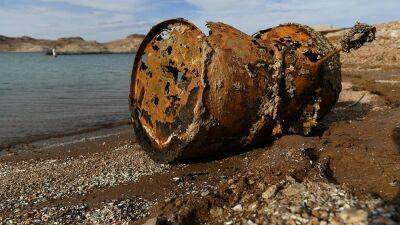Climate change is making over 200 diseases worse and our immune systems weaker, study finds
More than 58 per cent of human diseases have gotten worse because of climate change, according to a new study.
The groundbreaking research, published in Nature Climate Change on Monday, was conducted by researchers at Mamoa’s University of Hawaii, who carried out a systematic search for real-life examples of the impact of ten climatic hazards worsened by greenhouse gas emissions on human diseases.
These included warming, drought, heatwaves, wildfires, extreme precipitation, floods, storms, sea level rise, biogeochemical change, and land cover change.
Analysing over 70,000 scientific papers for examples of direct links between known diseases and climate change, the scientists discovered that all of the extreme climatic events made more common and more severe by global warming had an influence on diseases triggered by viruses, bacteria, animals, fungi and plants.
Of 375 diseases analysed, 218 proved to be affected by climate change.
Specifically, researchers found that climate change-related hazards bring pathogens closer to people, with warmer temperatures and more humid environments, associated with the increase in precipitation, favouring the proliferation of mosquitoes, ticks, fleas, birds, and mammals which are responsible for the spread of several viruses and bacteria like dengue, the plague, Lyme disease, and malaria.
Mosquito populations, in particular, have found a breeding ground in the aftermath of floods and storms, causing, in turn, an uptick in the pathogens they transmit, including West Nile fever and yellow fever.
But climate change is also bringing people closer to pathogens.
As extreme weather events cause the displacement and forced migration of thousands of people in some of the most vulnerable parts of the








